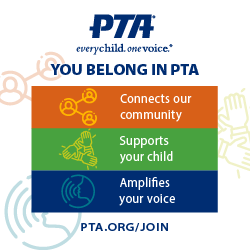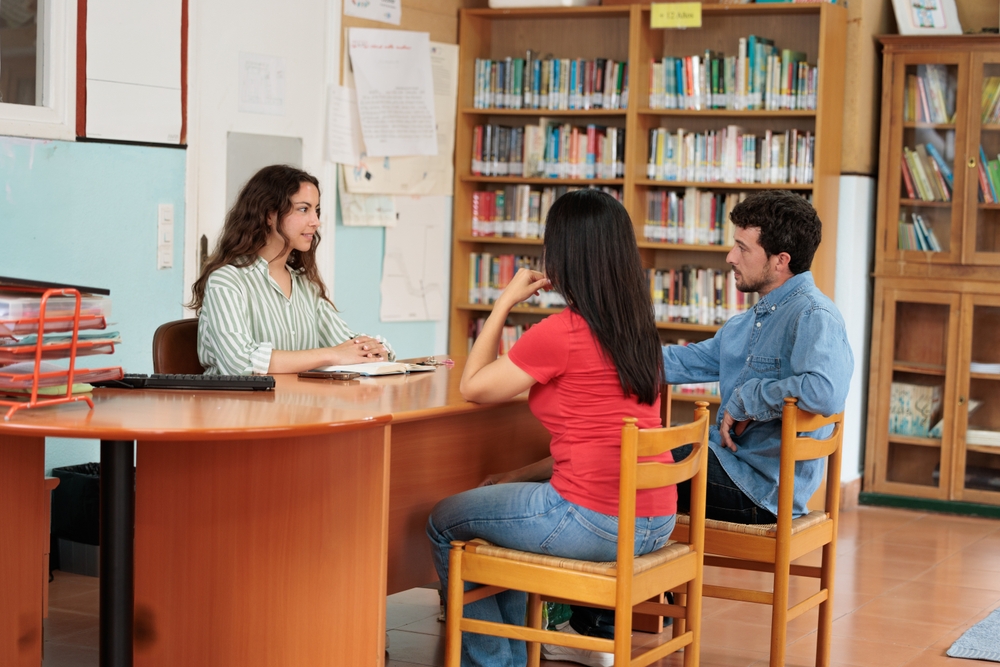So Here’s the Crazy Thing About Puberty: everyone goes through it, yet parents often dread talking to their kids about it. The good news is, there are some practical tactics that will help you get past the awkward and get talking with your kids.
I have been in the field of adolescent health for about 25 years, and as an expert for Advocates for Youth and AMAZE, one of my major goals is to help parents gain the confidence to become “askable” parents—parents whose children feel comfortable coming to them with questions—and ultimately the primary sexuality educators of their kids.
Here are my top tips for how to talk about puberty to your tween:
Remember that you’ve been there
This is one of the first things I recommend to parents! Though we now have different topics—like gender identity—the basic issues around puberty are the same as what you went through.
To get started, think about how you felt as a preteen and what you were curious about. Your child will probably have the same questions.
Keep it short
Conversations about puberty do not need to be long or involved. Follow your child’s lead, but generally speaking, keep the conversations short and focused on what your child actually wants to know.
Talk in parallel
Sometimes talking face-to-face is too hard, especially as kids become more self-conscious. Try a conversation while you’re on a walk, in a car or working on a project together.
The words often flow easier when you don’t have to make eye contact.
Give your tween options
Children process information in different ways—some prefer a conversation, others might want books and others may respond best to video content.
AMAZE has educational videos for 10 to 14-year-olds that cover the “mechanics” (e.g., puberty) and more complex topics (e.g., relationships, gender identity, consent, etc.). You can even set up a playlist, so you can quickly share a video or set of videos on topics your kids are curious about.
Look for teachable moments
One of the best ways to start puberty conversations with kids is to intersect with something they are interested in. For example, initiate a conversation around a book they are reading, a movie they have seen, or something that recently happened at school or in the news.
Remember that you don’t need to have all the answers
A lot of parents shy away from conversations with their kids because they’re worried their tween will ask a question they don’t know how to answer.
But not having the answers is okay
If you don’t know the answer to one of your kid’s questions, just say so. Or even better, suggest that you look up the answer together!
Convey the long runway
One of the big challenges kids face is comparison and how that feeds into how your tween develops. For example, girls can get their period as early as nine years old and as late as 15 years old. This is totally normal, but it can feel like an excruciatingly long time to your daughter if she is the last of her friend group waiting to get her period.
Remember it’s never too early to have a conversation
It’s never too early to talk to your kids; just keep the conversation age appropriate and relevant to their questions. For example, preschoolers will be interested in talking about their bodies; this is a great opportunity to talk to them about how they are in charge of those bodies!
Talk often
When it comes to sex ed, people often refer to having “The Talk” but the reality is, it’s never just one talk, it’s a lifetime of talks. Check out AMAZE’s Having the Talks resource for parents, which includes expert videos, resources and conversation starters and scripts on a variety of topics, including girls’ and boys’ puberty.
Just start
Above all, the best thing to do is just start. Your conversations don’t need to be perfect; you just need to have them!
BONUS TIP!
It’s never just talk or too soon. Kids will absorb what they are ready to learn. Engaging kids in these conversations helps set a foundation for healthy sexuality for the rest of their lives.
Debra Hauser is the President of Advocates for Youth, a nonprofit that partners with youth leaders, adult allies and youth-serving organizations (like AMAZE) to advocate for policies and champion programs that help young people make informed and responsible decisions about their reproductive and sexual health.
[infobox maintitle=”Help Your Teen with Time Management” subtitle=”Find out how” bg=”blue” color=”black” opacity=”off” space=”30″ link=”https://ptaourchildren.org/time-management-for-teens/”]


















